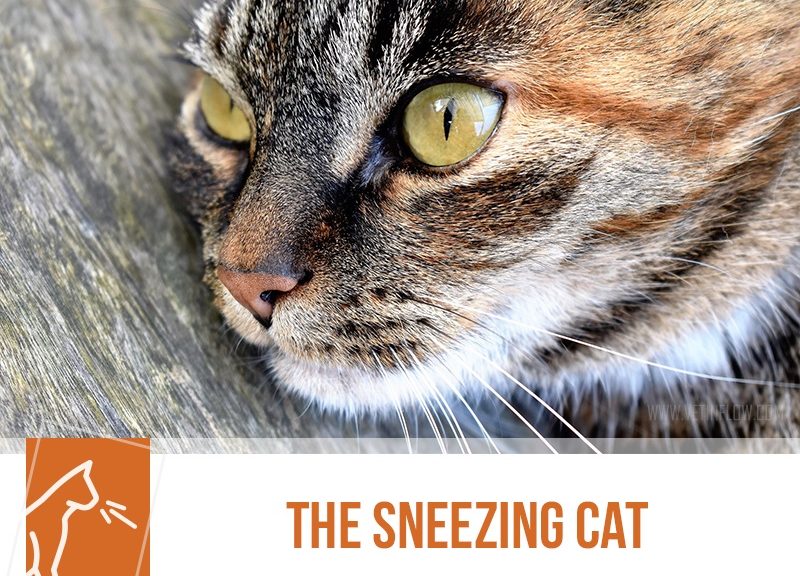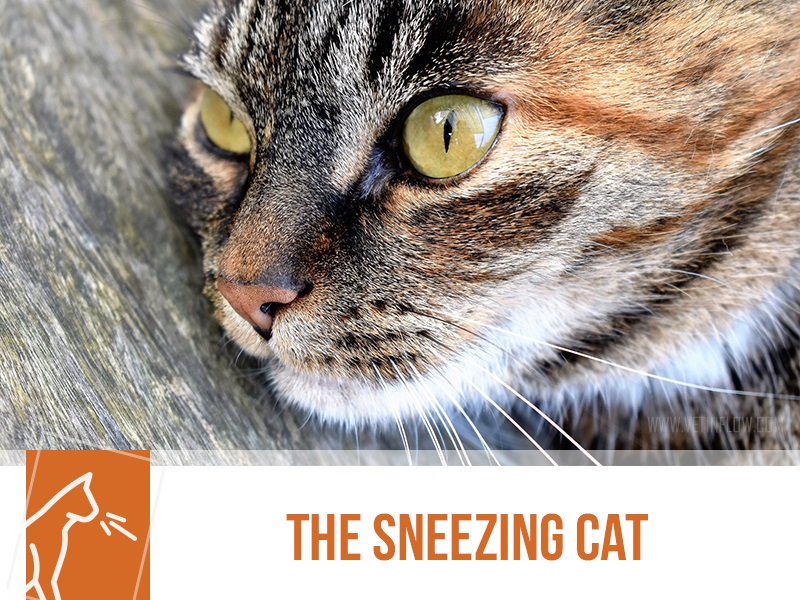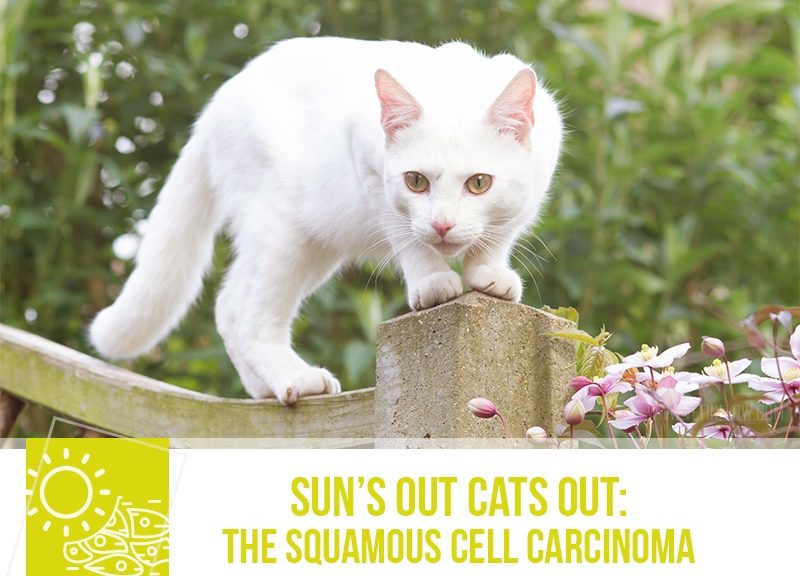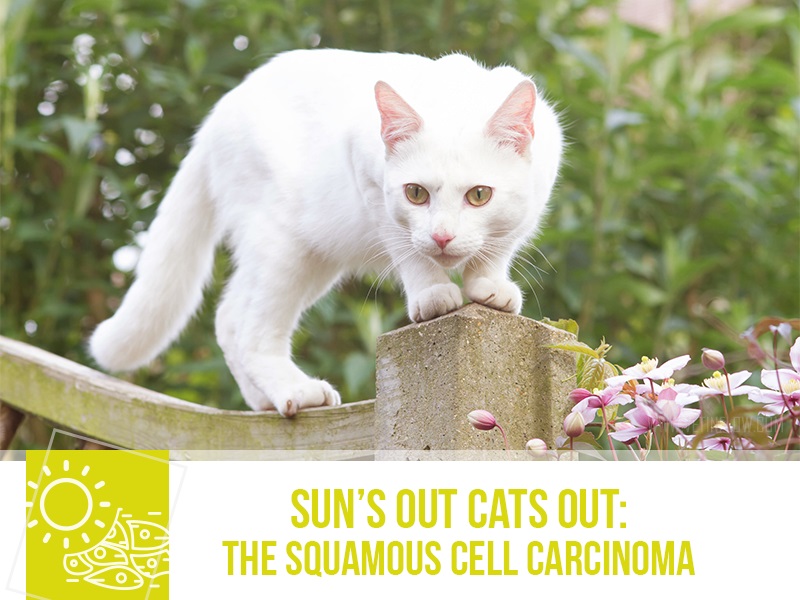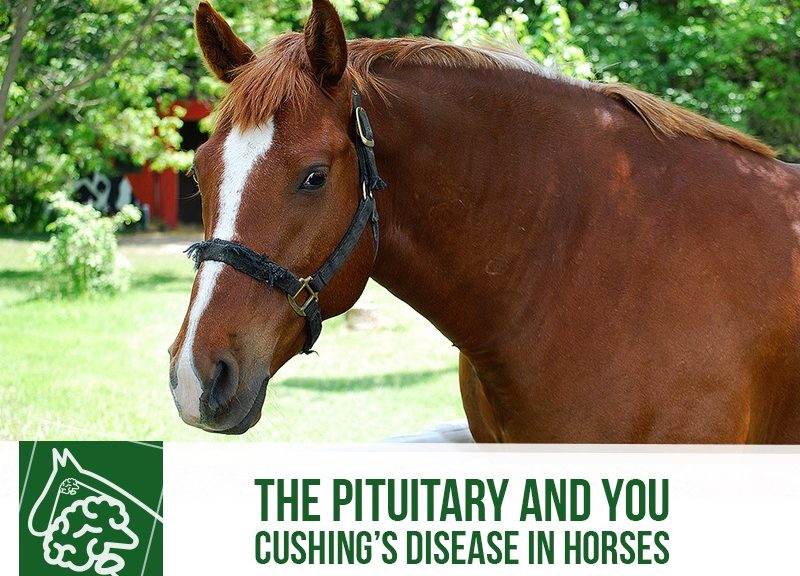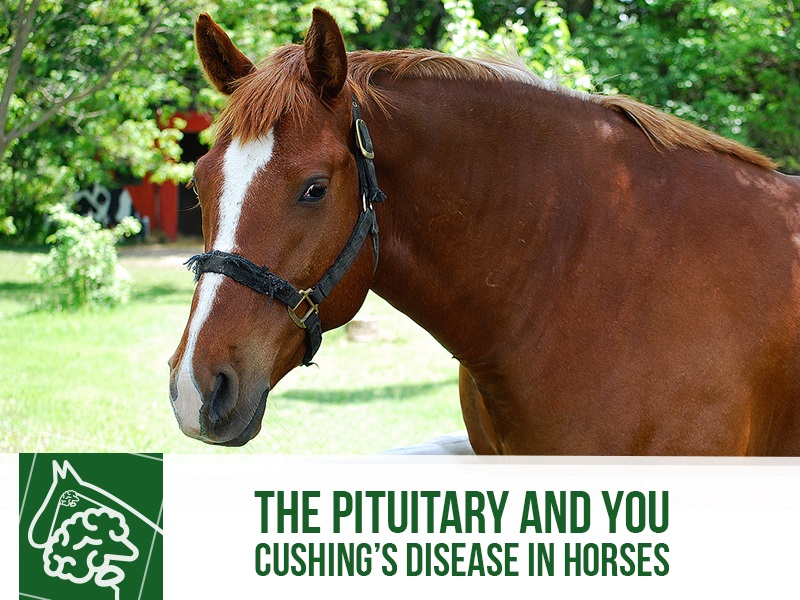Have you noticed your feline companion is sneezing more than usual, and you’re a little worried? In that case, this post might help!
Just as it is with us, sneezing is a normal mechanism our pet’s body uses to clear any irritants from their nose. This means an occasional sneeze from time to time is quite normal, but if your pet is sneezing more than usual, maybe even showing some nasal discharge, cough, or any other symptoms, there might be something else going on.
Sneezing can have several different causes. The most common cause is without a doubt upper respiratory tract infections, particularly in younger cats. You have probably heard of this already as it is commonly known as ´cat flu`. These infections usually have viruses as a primary cause and the viral agents typically involved are the feline herpesvirus and calicivirus. Although it’s not as common, bacteria such as Bordetella bronchiseptica, Streptococcus canis, Mycoplasma spp., and Chlamydophila felis can also be directly responsible for these infections.
Upper respiratory infections tend to be more common in kittens, young cats and in free-roaming cats that frequently come in contact with other outdoor felines. These viral infections are easily-spread, as these agents can be passed on from cat to cat, through any objects in their environment, or even through their caregivers.
In many of these infections the clinical signs can resolve in about 2 to 3 weeks, even without treatment. However, some cats may be more severely affected and veterinary assistance is necessary. These cats may also present thick and purulent discharge from their nose, depression, fever and lack of appetite. Some are left with recurrent nasal discharge and eye disease.
Other possible causes of sneezing involve nasal obstruction, nasopharyngeal polyps, nasopharyngeal stenosis, inhaling foreign bodies, trauma, chronic rhinitis, neoplasia (typically in older animals) and even dental disease.
Cats have tiny noses, but in some cases the sneezing is due to an inhaled blade of grass or grass seed. This is more common during warmer weather, and in cats with outdoor access. It also worth pointing out that if a cat’s sneezing is also accompanied by cough, feline asthma might also be a possible cause.
The best way to protect your cat from upper respiratory tract infections is to keep your cat’s vaccination plan up-to-date, as this provides protection against herpes and calicivirus. The vaccine does not always prevent infection, but it will dramatically reduce the severity of its clinical signs.
If you are planning to bring a new cat into your household don’t forget to keep the new cat separated from the resident cats for 7 to 10 days, for quarantine purposes. It is also recommended to provide your cat with adequate dental care.
If you notice your cat is sneezing more than usual and possibly showing other clinical signs, or if you are at all concerned, take your pet to the vet.
Would you like to know more about cats? Check our Feline Courses:
